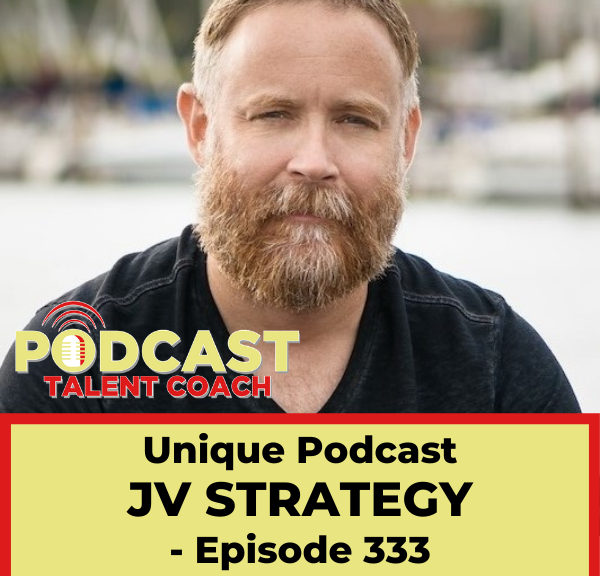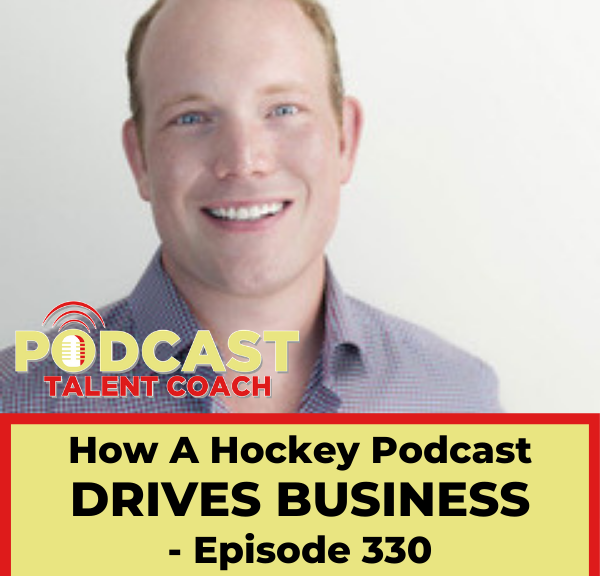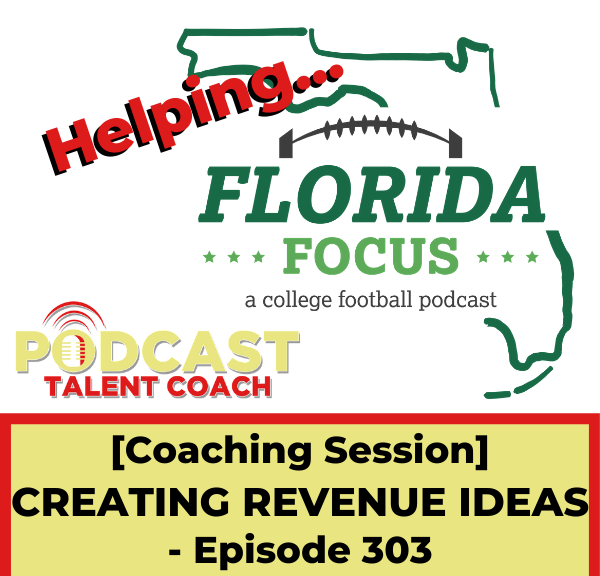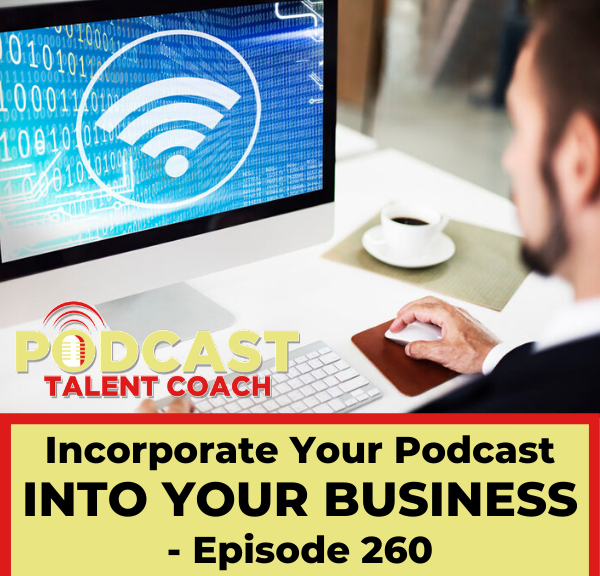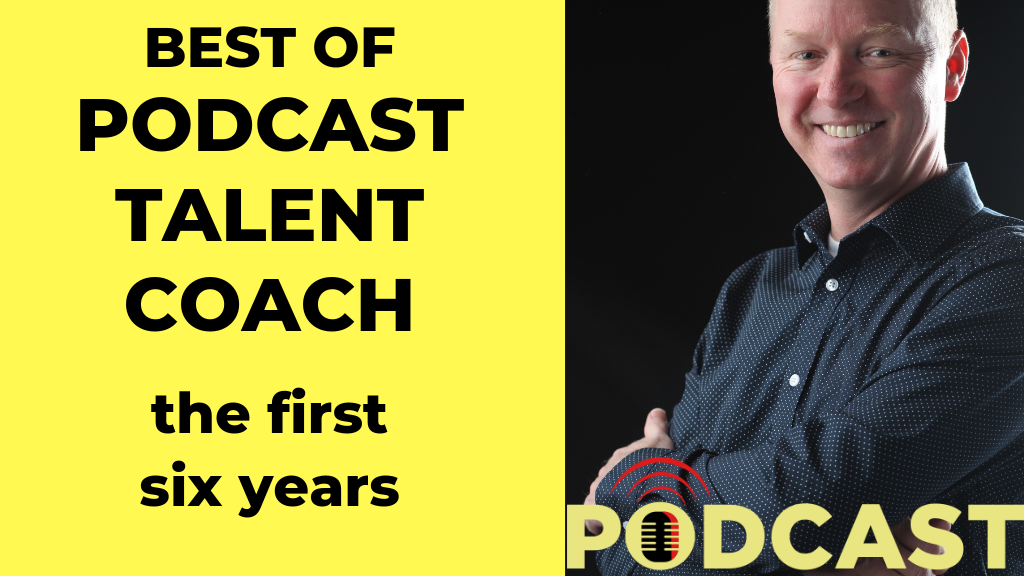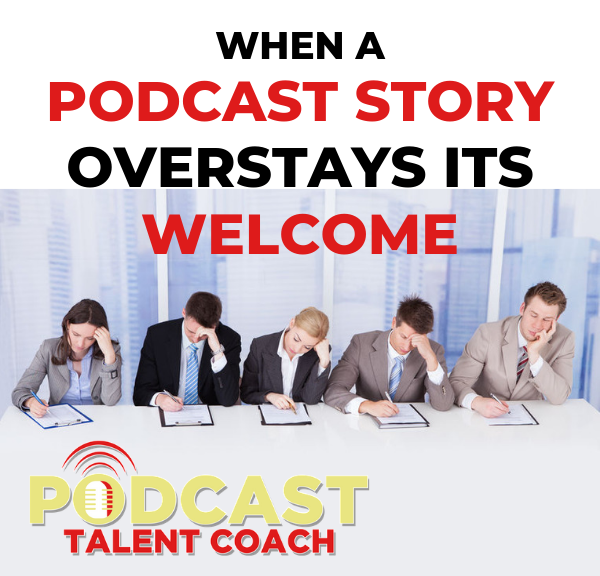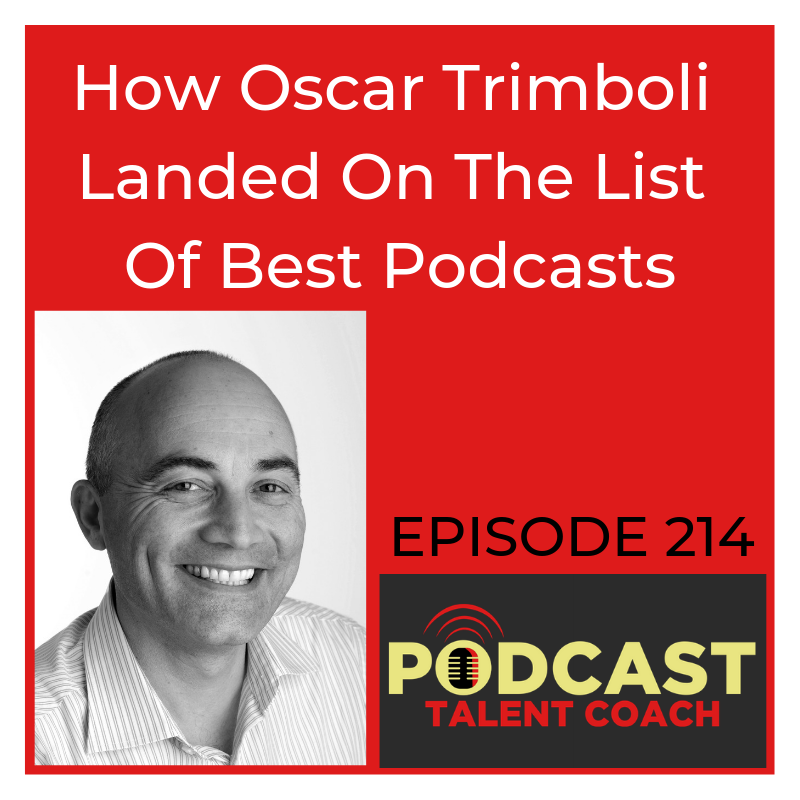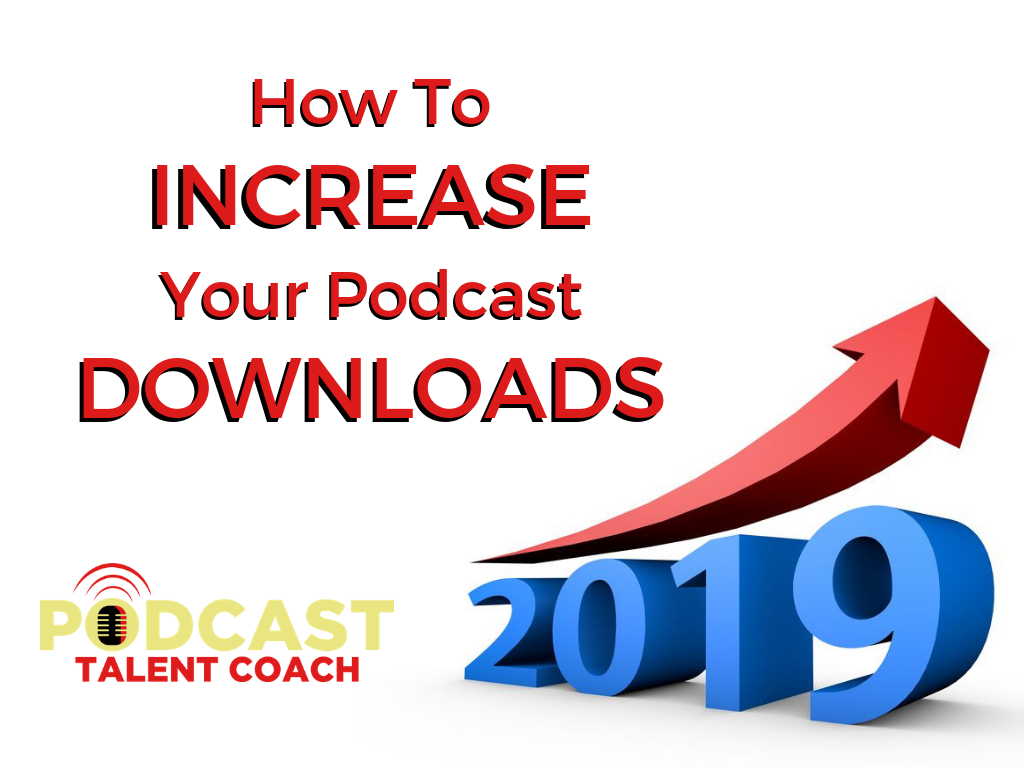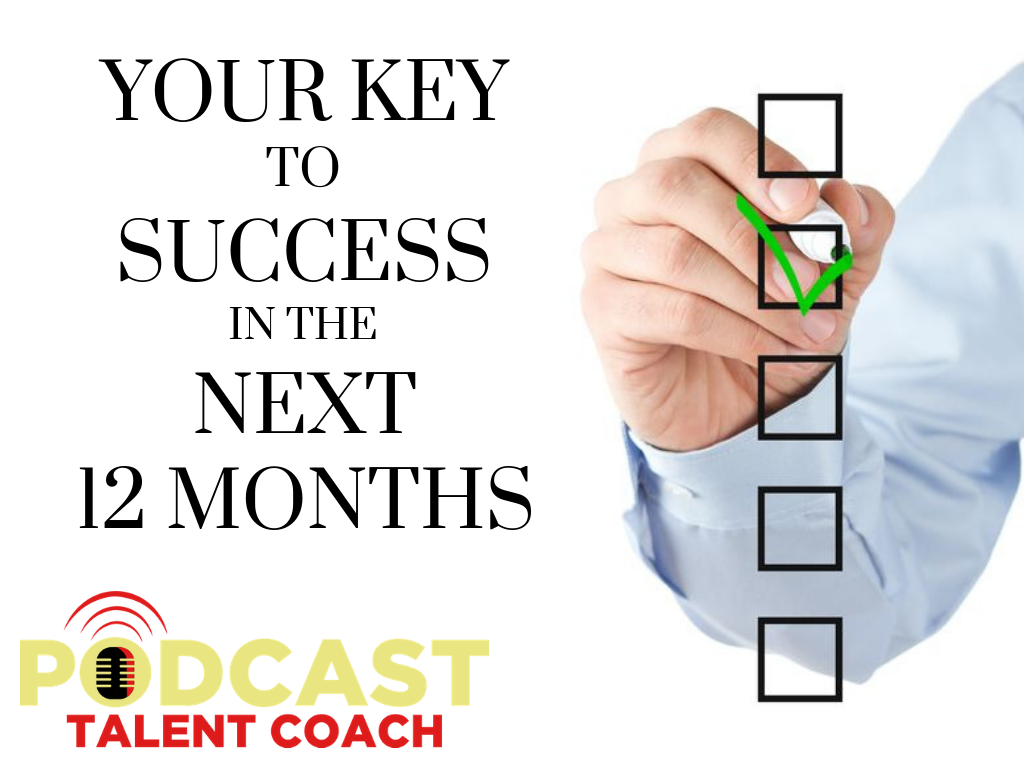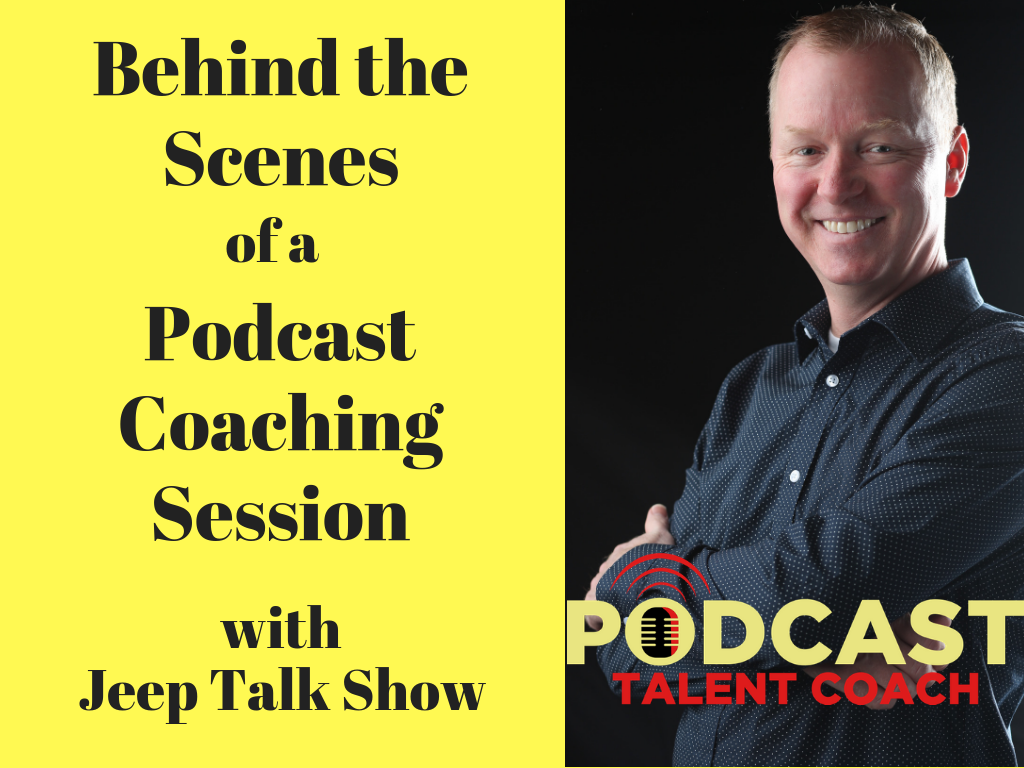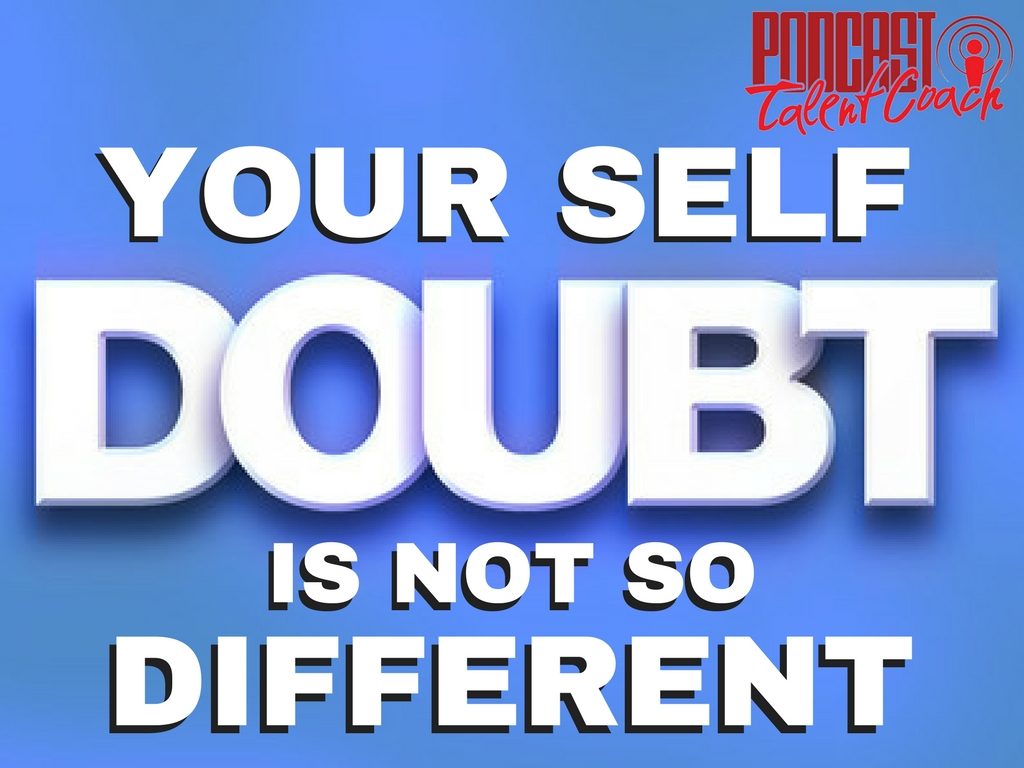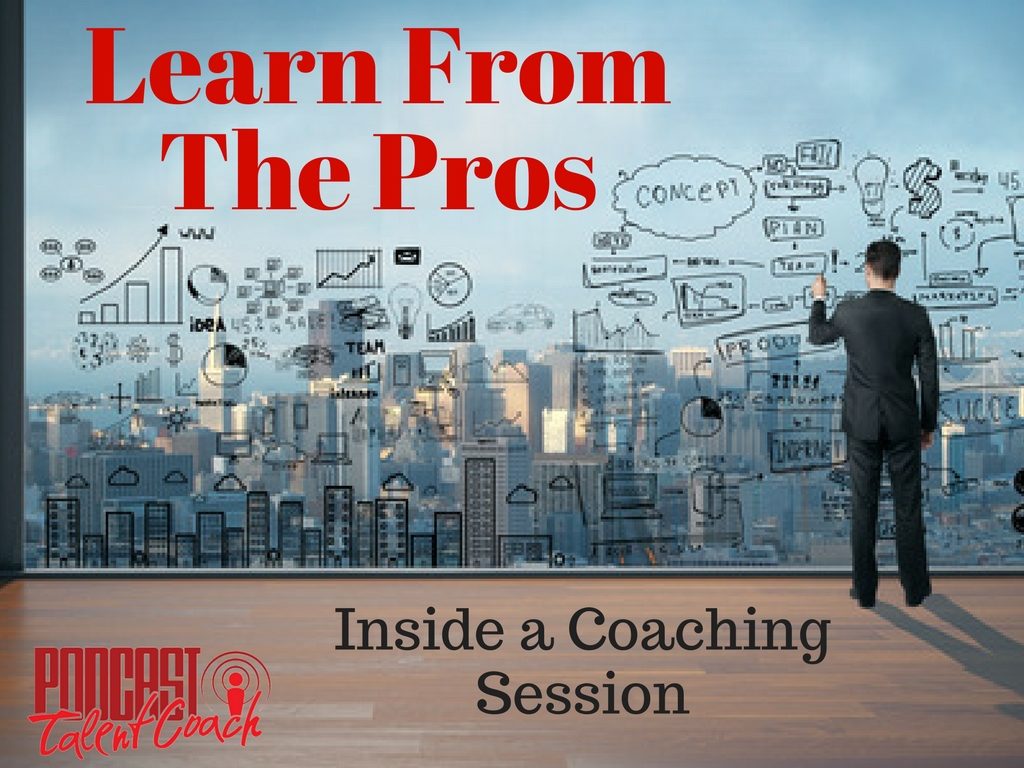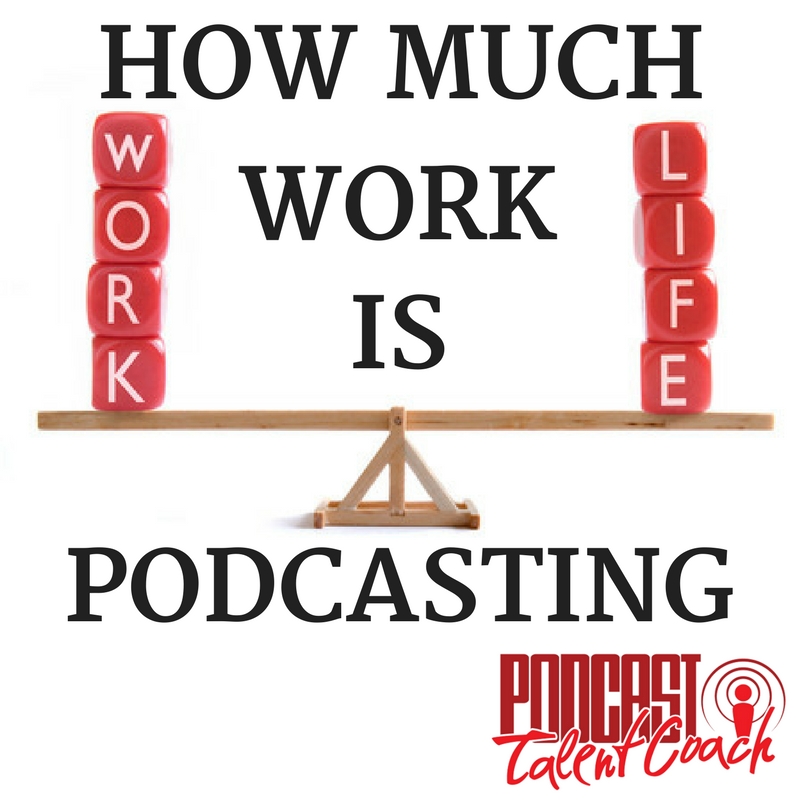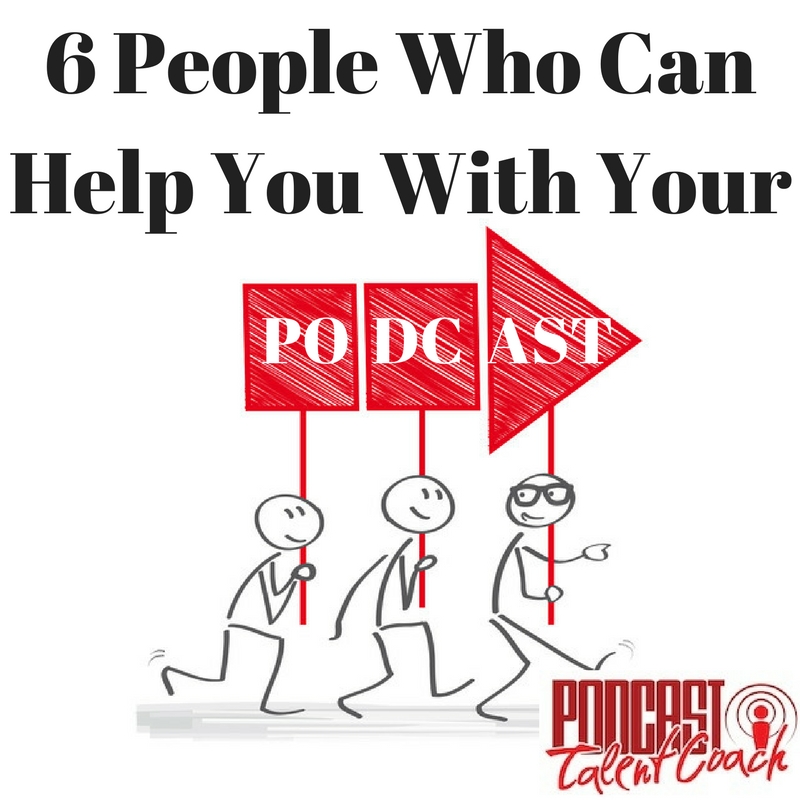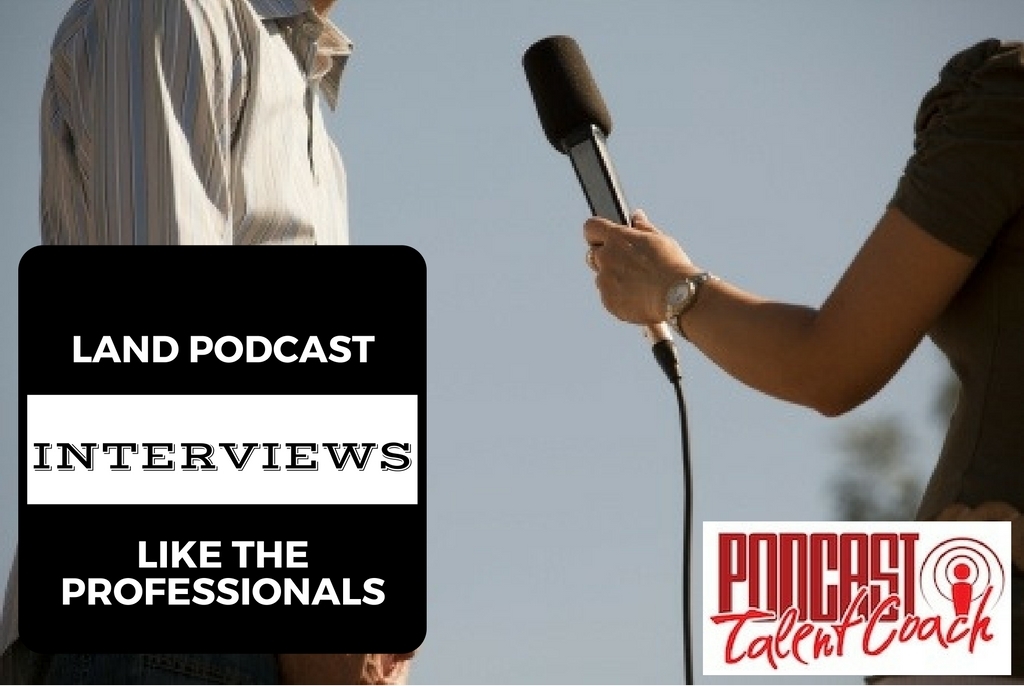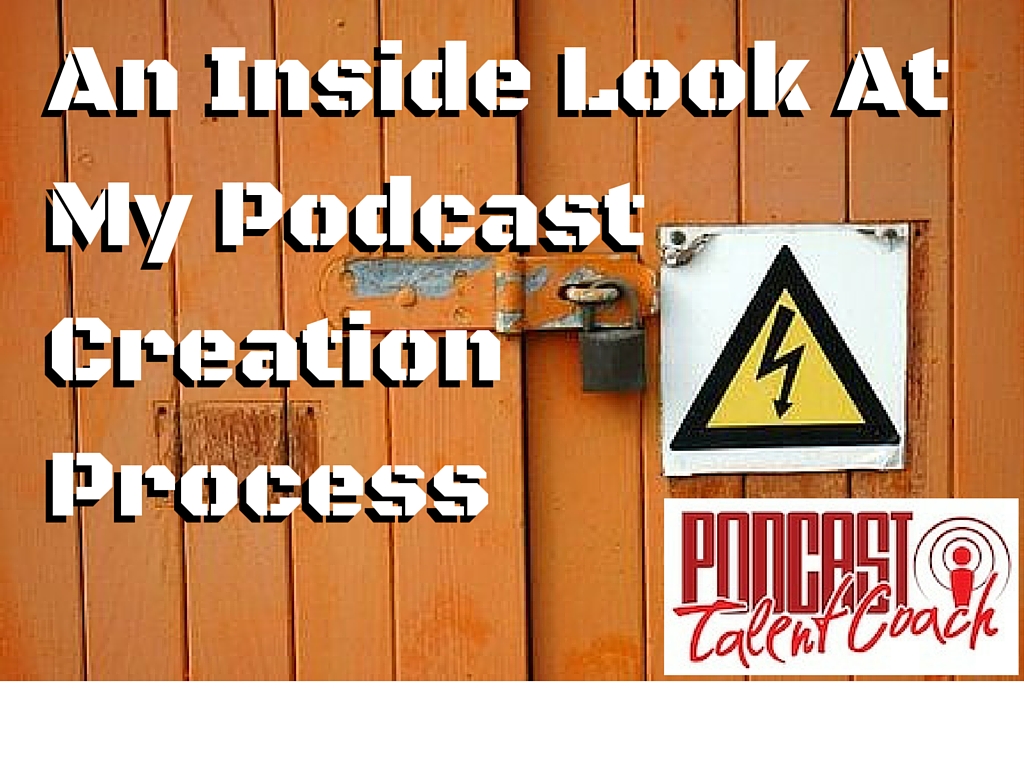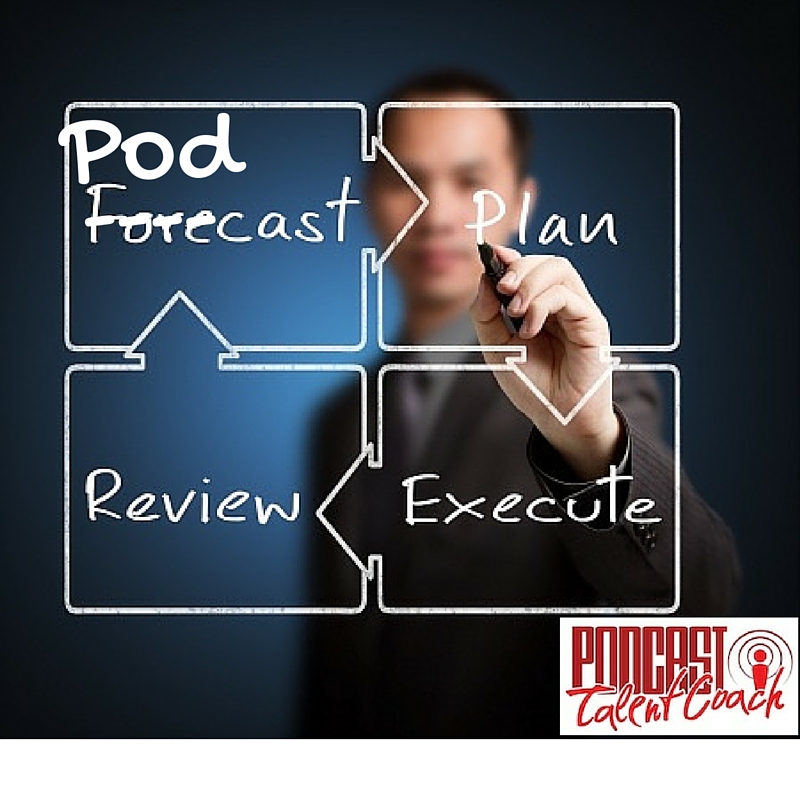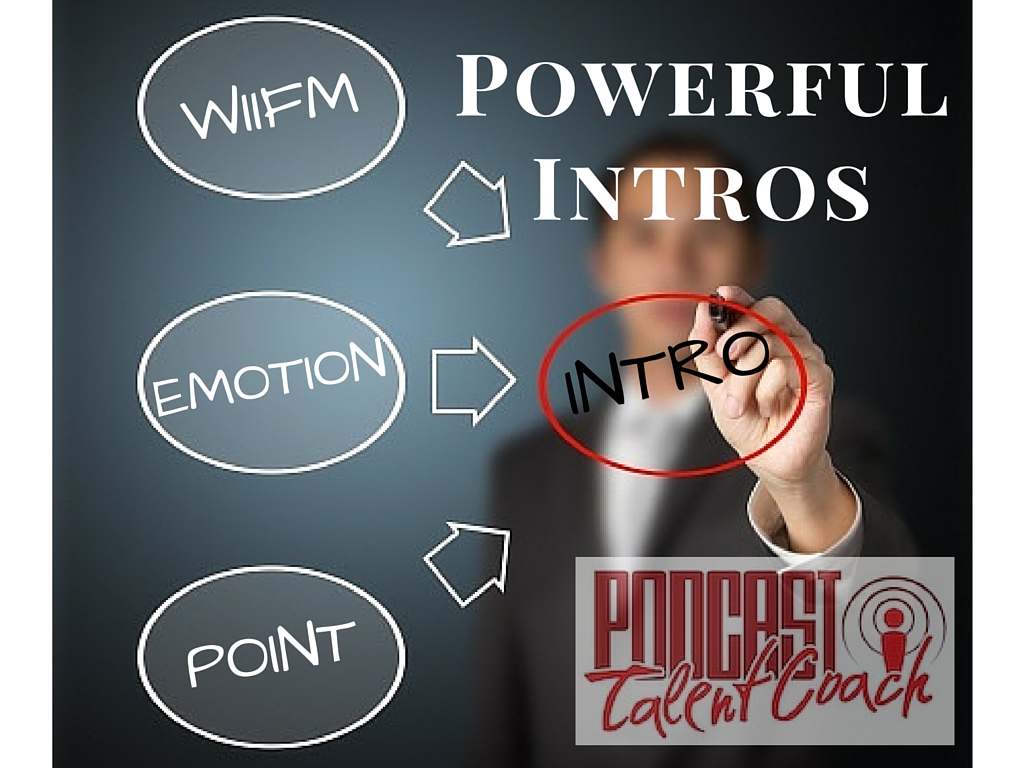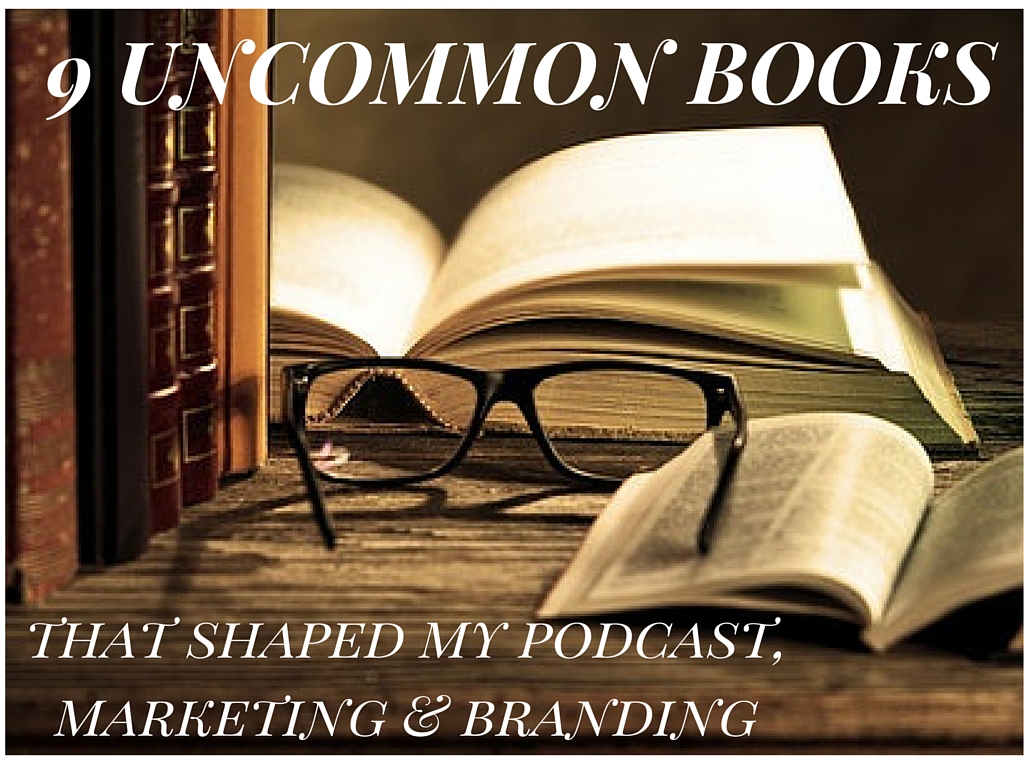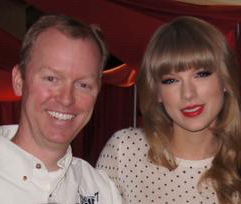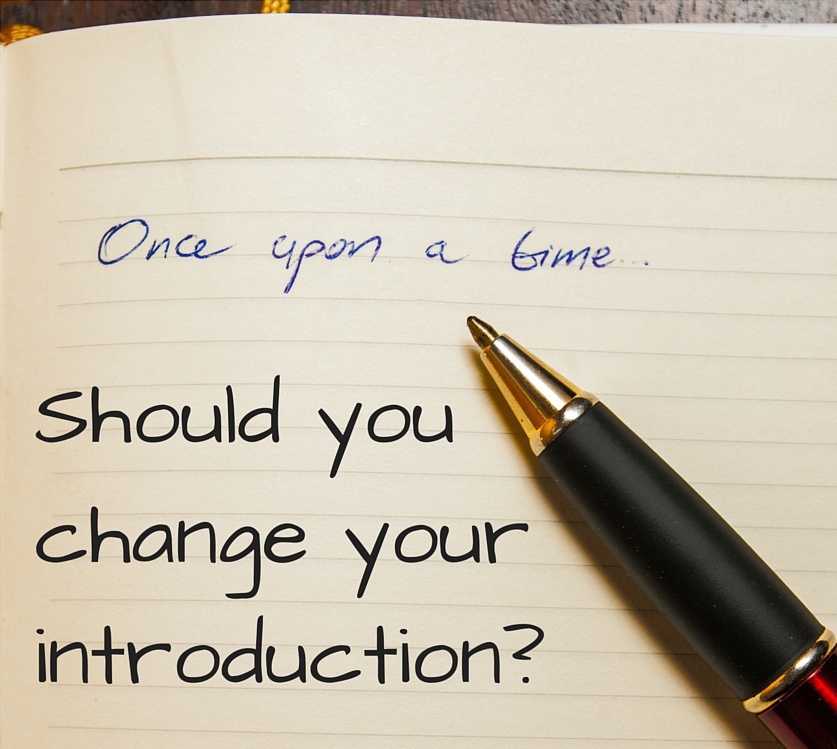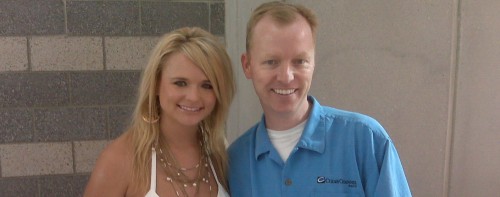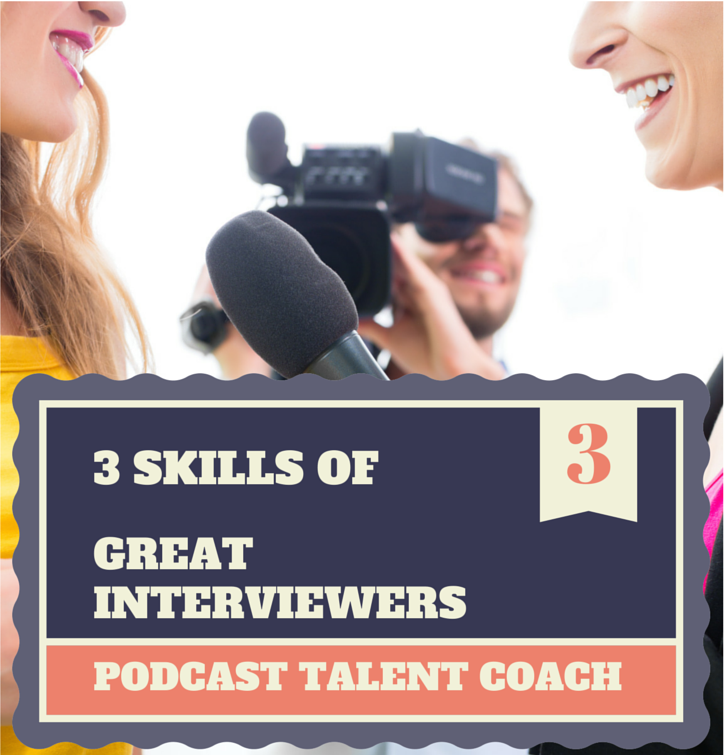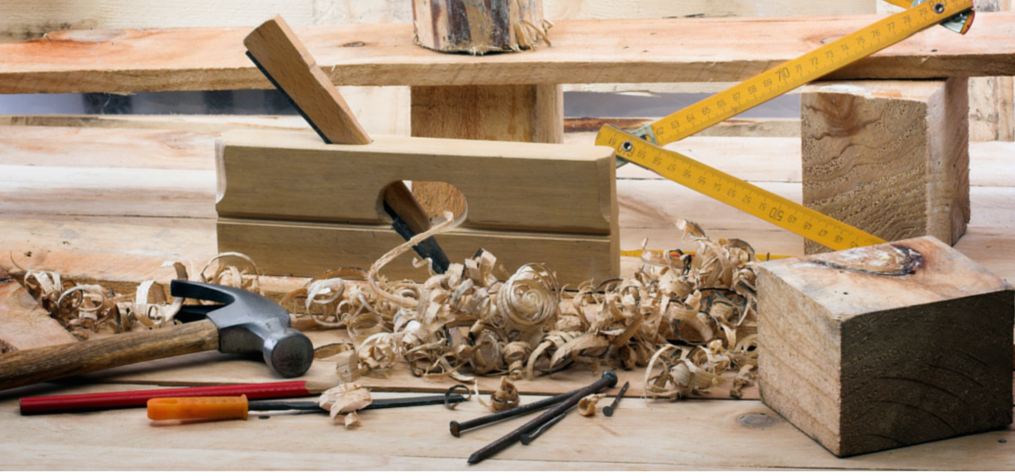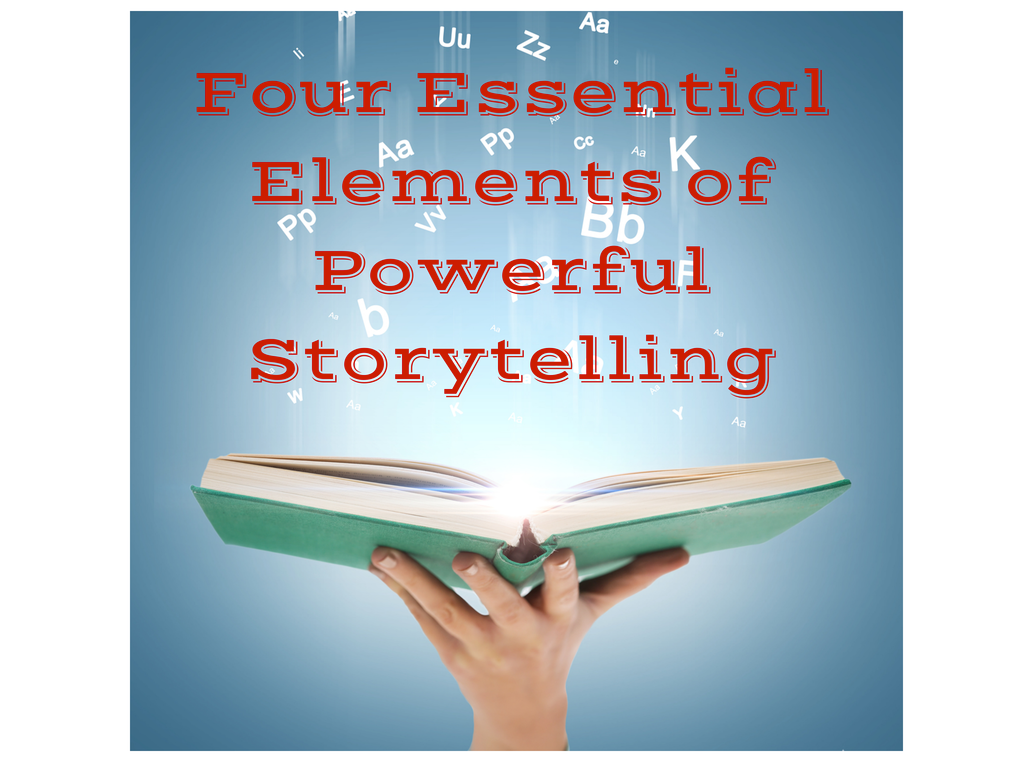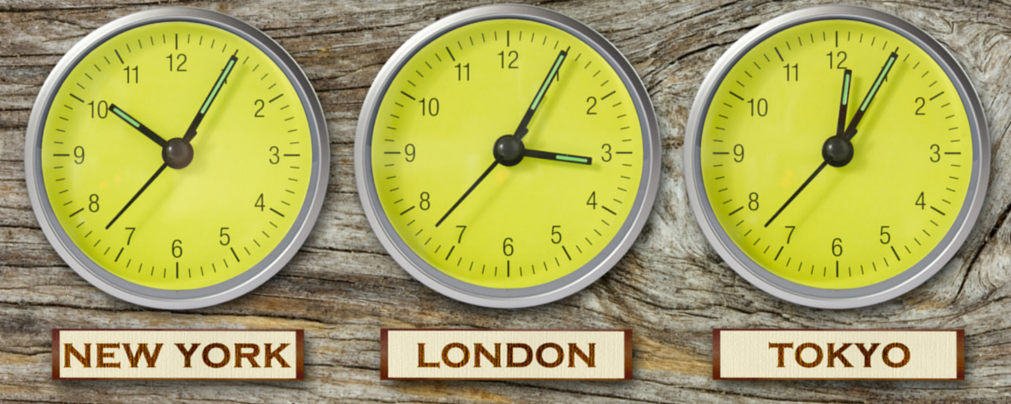Podcast: Play in new window | Download
Subscribe: RSS
One way to monetize your podcast is through joint venture or JV partnerships. When partners help each others grow and market, your audience and business can rapidly hit new levels.
A joint venture in business is different than a JV partnership in online marketing and business.
THE JV DIFFERENCE
In business, a joint venture is a business entity that is created by two or more parties, generally characterized by shared ownership, shared returns and risks, and shared governance.
Companies will typically create a joint venture for one of four different reasons. The businesses might look to gain access a new market. A joint venture could help the businesses gain scale efficiencies by combining assets and operations. This relationship could help share risk for major investments or projects. The companies might want to access skills and capabilities of the other company.
When it comes to online marketing JV partnerships, some of these reasons hold true, but not all. For infopreneurs, the definition is a little more broad and loosly defined.
A marketing JV partnership in online business typically involves two or more parties pooling their resources and expertise to achieve a particular goal. The risks and rewards of the enterprise are also typically shared. In these cases, ownership and governance is typically NOT shared like it is with traditional business.
ONLINE JV
As a podcaster, you might promote a product or service from an expert. With an affiliate agreement, you would earn a commission with each sale. This is a straight up affiliate relationship.
When you are a joint venture partner, you take the relationship a little further. This JV partnership might include an interview on your podcast, an appearance on your partner’s summit or a co-promoted webinar.
A JV relationship is a deeper partnership than a standard affiliate relationship.
You could promote Amazon products on your podcast. There are many affiliate products to promote from sites like ClickBank or JVZoo. You typically won’t interview the owners of these products. You simply promote and earn a commission.
If you attend an online event intended to meet partners such as Collaborate (www.PodcastTalentCoach.com/collaborate), you create a relationship where you each help each other reach their goals.
JV EXAMPLE
For instance, I met Steve Eriksen at Collaborate. Steve runs Midlife Solopreneur at www.MidlifeSolopreneur.com. He helps and supports solopreneurs with mindset, marketing, sales and much more.
As Steve and I became JV partners, I promoted his summit. He invited me to appear on his summit. I interviewed him on my podcast. He promoted my last webinar. Steve is now helping me build my next giveaway.
Along the way, Steve earned a commission from my courses that sold through his affiliate link with me. I earned commissions from his courses that sold through my affiliate link with him. But it was more than just affiliate sales. It was a partnership. We helped each other get exposure.
I have met dozens of partners through Collaborate in this way. If you would like to attend the next one, visit www.PodcastTalentCoach.com/collaborate for all of the details.
VARIETY
There are a variety of ways to create JV relationships with partners. I’ve mentioned a few there with Steve. Podcast interviews, summits, and giveaways.
You could also speak at events, host a webinar together, include each other in newsletters or blog posts, shoot video together, create a product together, provide coaching for the other’s mastermind group, provide content for your partner’s membership site and a variety of other ways.
The key to a great JV partnership is being open-minded. If you are willing to talk, brainstorm and try things, you’ll find success. The first idea typically doesn’t work. Learn from it and try something else.
UNIQUE JV APPROACH
Today, I would like to show you one example of being creative and finding a way that works for you.
Marc Mawhinney is a lifelong entrepreneur who helps coaches get more clients without paid advertising! He achieves this with his coaching programs along with his popular Natural Born Coaches podcast, his Facebook group The Coaching Jungle, and his exclusive print newsletter – Secret Coach Club.
Marc has been a speaker at events like Social Media Marketing World, Entrepreneur City Live, and the TP3X conference. He has also been my coach and helped me achieve some pretty big things.
During our chat, Marc will tell you how his flat fee JV approach works as one way to generate revenue with his podcast. You can also learn all about it at www.PodcastTalentCoach.com/flatfee, which is my affiliate link for it. (See how that works?)
We also talk about how to get into coaching, why a support group is helpful and a few coaching mishaps along the way.
Grab a pen and paper and enjoy my chat with Marc Mawhinney of Natural Born Coaches podcast.
If you don’t have a mentor who can take your hand and walk you every step of the way, go to www.PodcastTalentCoach.com/apply, click the button and apply to have a chat with me. We will develop your plan and see how I can help and support you to achieve your podcast goals.
